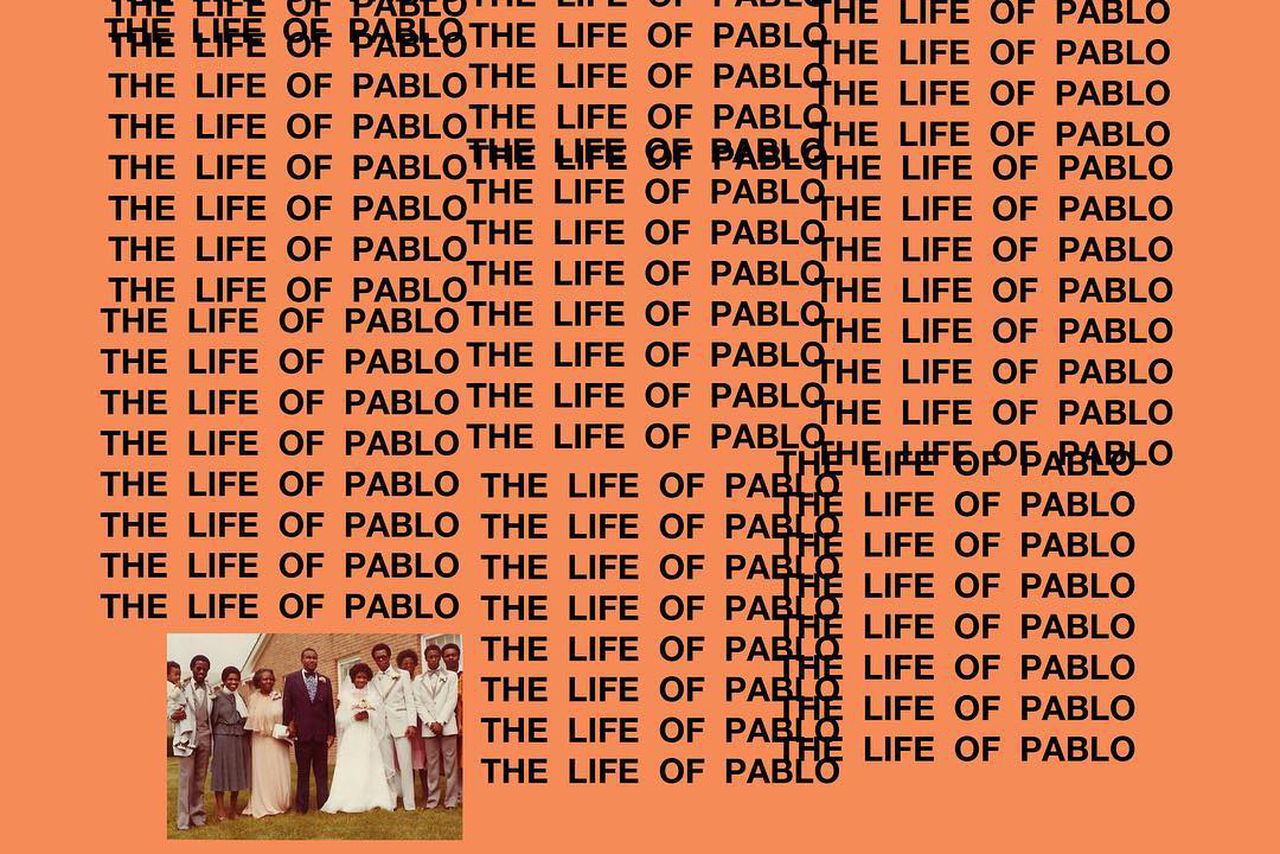There’s a certain breed – homogeneously
if not exclusively male – who crave an undying love for 80s and 90s action
films. I’m a devout member of this church. It’s curious; their marriage of
steroids-for-breakfast masculinity and residual campness is innocuous but fruitful,
perfectly captured in a single frame by Predator’s
notorious bro handshake. My initial preconception, before I delve into this
trivial, self-aggrandising project, is that our enjoyment is based on its embellishment
of nascent male fantasy. Cool stunts, contrived pun one-liners, and the
prospect of women finding cool stunts and contrived pun one-liners sexually
appealing, is something inherent to the chimpanzee male psyche. In turn the
campness perhaps suggests the innate desire for an idealised bromance not
dissimilar from the idealised romance of cinema’s love stories. I mean, look at
Top Gun; just look at how close Maverick and Goose are. This whole notion is obviously
reductive and offensive – we men are far more complex than this – but I do
think this hypothesis is at least partially founded. I guess that’s one
positive from this idea for a new project, discovering something inherent and
primeval about our love for action films that maybe isn’t completely
denigrating my own gender (gender is fluid yes yes, but I’m just saying for
argument’s sake okay? Cool).
 |
| Said frame from Predator. My theory epitomised |
Nothing in cinema attracts such a
cult following like these films, because they’re indeterminately evaluated by
their fans. It’s a love that is concurrently completely ironic and completely
sincere. We know that they’re primarily not very good, but in a roundabout way
they are fantastic. How does this make sense? The hell if I know, but let’s try
and find out over the next few articles. They’re effortlessly, entertainingly
watchable, and bizarrely difficult to objectively critique because they’re so distinctive.
An action movie can be structurally inept, punctured by hapless acting and lame
effects, but if it fulfils the idiosyncratic criteria of the action movie it
can still achieve stone cold classic status. What these criteria precisely are,
I hope to educe in the next few weeks. It’s the same with horror films after
all; a horror can be bland and unimaginative, but if it’s scary and
provocative, it can be Great; the most obvious recent example in my opinion of
this is The Conjuring, which peddled
every ghost story motif and trope in cultural history and came out with a
gleefully terrifying smash. The Conjuring
took some eggs, flour, cheese, tomatoes, spring onions, chocolate icing,
digestives, and ending up with a Michelin star pudding. Maybe this eclectic
scrimmage is applicable to the action.
What I’ve realised, is that genre
cinema generally fails to appeal to the academy (THEOSCARSAREASHAM) because it’s
not predicated on conventional systemic formats, but through audience
interaction and reaction. Horror films and action films are synchronous because
their value and worth depends on making the viewer feel something, whether it’s
the Freudian thrill of The Shining or
the primitive wish fulfilment of Point
Break. For all we joke over the ridiculousness, ludicrousness and preposterousness
of action films conceptually, they subliminally touch its fans in ways Best
Picture winners simply can’t. Again, hopefully I’ll be able to articulate the what,
and why, of this theory, or, again, prove it to be complete bullshit.
My workmates have essentially
bullied me into watching The Fugitive, which steered me towards the idea of
writing about this most quietly bountiful of genres in the first place,
therefore, by process of logical association, The Fugitive will be the first in the series where I approach this
subject with a critical analysis; part-review, part meandering rumination on
each film’s individual implications, and their immutable impact in the endurance
of the action movie as a collective and our semiotic responses to this. I hope
to at least attempt to paint tangible some of the most testing questions of our
time; why don’t cops in their 50s just retire already if they’re too old for
this shit? Is Die Hard the best Christmas
film of all-time? Will we ever know categorially whether Nic Cage is a good or
bad actor?
 |
| There'll be a LOT of Cage |
I’ll hopefully do The Fugitive before the weekend. Please
provide recommendations for me for after The
Fugitive as well, people, with two criteria; it must have been released in
either the 80s or 90s, and it must to some extent constitute an action film.
Get involved people, you love action as much as I do.
Shoutouts to Andy, Pete, Abs,
Ali, Huw and Nath for verbally bludgeoning me to death with the demand to do
this.
PS: This AV Club running series
on the history of the action film is really cool.


